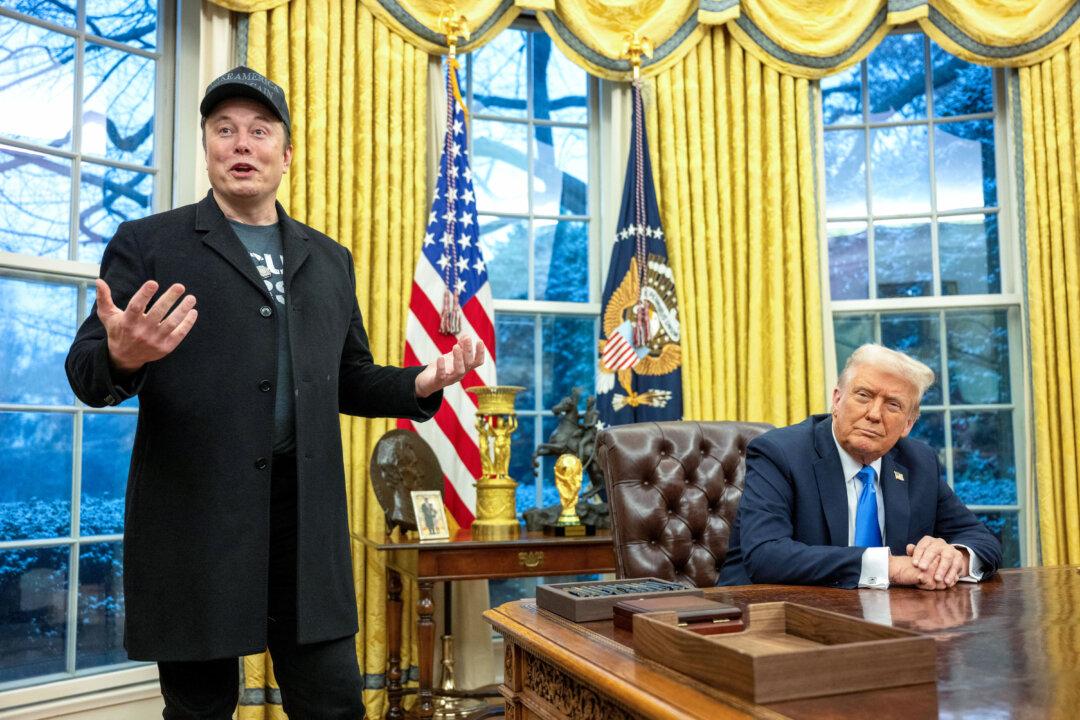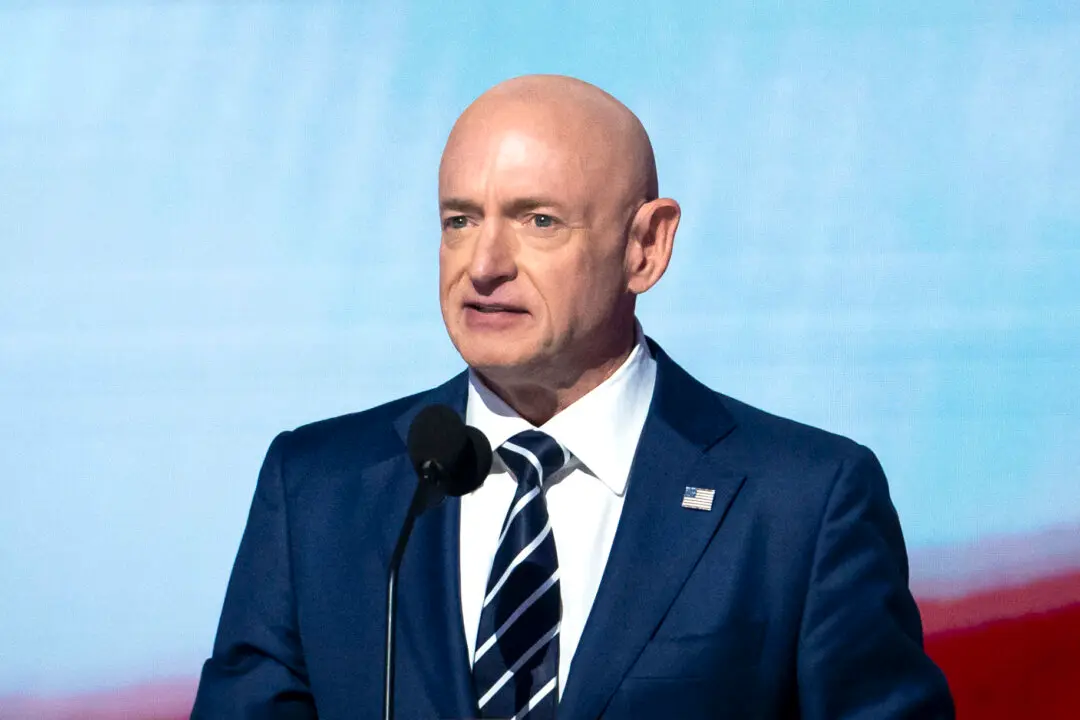A federal judge in Washington seemed reluctant on Feb. 17 to issue a temporary restraining order (TRO) against the Department of Government Efficiency (DOGE) and has not yet issued a final ruling.
The plaintiffs, 15 state attorneys general, allege that DOGE overstepped its authority while attempting to reduce government waste and shrink the size of the federal workforce.





